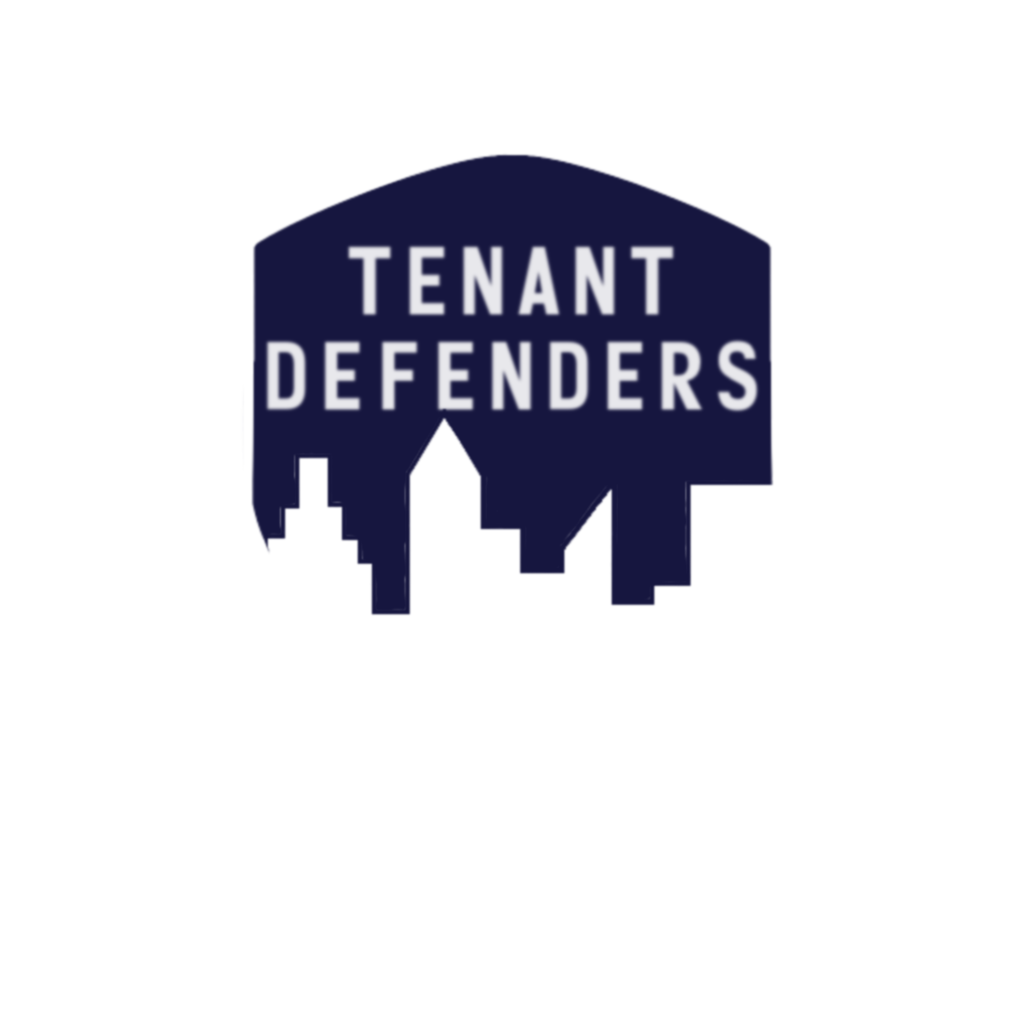Landlords Can Sue for Back Rent in Small Claims Court
The California Legislature has made it easier for landlords to sue their tenants in small claims court. In June of this year a new Section was added to the Code of Civil Procedure. This Section, § 116.223, was added specifically for the purpose of creating incentives for landlords to use small claims court to recover unpaid rent from their tenants.
Landlords can begin to bring lawsuits for unpaid COVID rent beginning Novemer 1, 2021.
Under normal circumstances, the maximum amount any plaintiff can attempt to recover in small claims is capped at $10,000.00. Section 116.223 lifts this cap when the entity or person suing is a landlord seeking to recover rent that has been unpaid during the COVID pandemic.
The Section specifically limits the rent that can be recovered under this enlarged jurisdiction. It defines “COVID-19 rental debt” as any rent that was unpaid during March 2020 through September 30, 2021.
If the rent the landlord is suing to recover was accrued during this period of time, then there is no limit on the amount the judgment he can recover.
This increase in small claims court jurisdiction represents an extraordinary opening and advantage for landlords.
Neither party is allowed to have an attorney’s representation in small claims court, there is no opportunity to conduct preliminary discovery, bring motions prior to trial, and there are no rules of evidence.
This may seem like it levels the playing field between the parties, but in truth, it creates an unknown element of surprise that can place tenants in a vulnerable position they have no idea how to prepare for until the day of trial.
Fortunately, there are resources available for tenants who are sued in small claims. The most important of these is the availability of counsel and advice from attorneys that specialize in defending tenants.
Even though the procedural rights of defendants in small claims are different than tenants in unlawful detainer, Tenant Defenders attorneys have extensive knowledge of the law concerning contracts, property rights, and small claims procedure. We have helped hundreds of tenants navigate small claims litigation over the decade we have been working for tenants’ rights.
It is important to get this counsel and advice early on in the process in order to maximize the likelihood of a successful outcome in court.
Even if you are sued in small claims court and lose, you still have a right of appeal, but you must act quickly to preserve those rights. In an appeal from small claims, you can have an attorney’s representation.
I strongly encourage you to set up a consultation concerning your rights as a tenant if you expect your landlord may sue you for unpaid rent.
